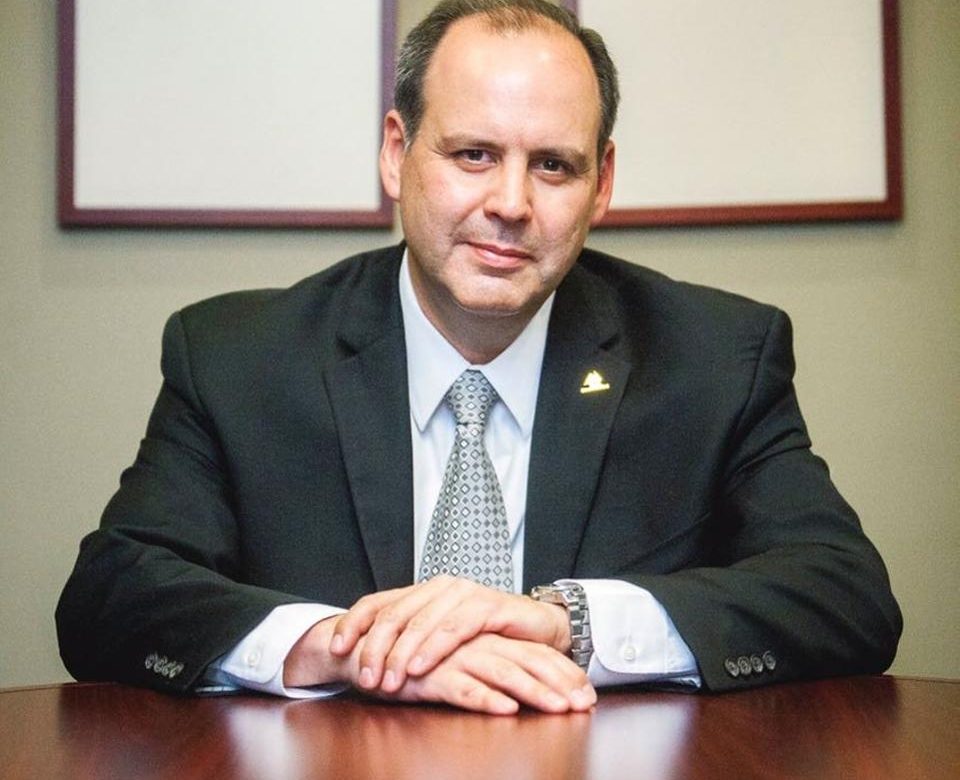This material belongs to: Forbes.
The Confederation of Mexican Employers (Coparmex), a voluntary membership business organization with 36,000 members that include companies owned by Mexico’s billionaires, is waging a public crusade against corruption, a widespread ailment that results in Mexico losing billions of dollars. “Much more foreign investment could come into Mexico if it weren’t for corruption,” Gustavo de Hoyos Walther, the Coparmex President (who is spearheading the effort), told me in a telephone interview from Mexico City.
Coparmex’s members account for 30% of Mexico’s GDP.
De Hoyos said that it’s hard to quantify foreign investment losses since there is no data available on companies that decide not to invest because of corrupt practices. “But, I can say it’s something that happens very frequently,” he added.
The cost of corruption to Mexico’s GDP varies from 2% (according to INEGI, a government agency, in 2013) to 9% (according to the World Bank and Mexico’s Central Bank in 2015). It’s money that moves from the formal to the underground economy. “The resources end up in the pockets of politicians and are then sent offshore to tax havens,” De Hoyos said.
Most of Mexico’s billionaires’ companies are Coparmex members, including America Movil, the telecom firm controlled by Carlos Slim Helú, Mexico’s richest person; mining firm Grupo Mexico, controlled by German Larrea; FEMSA, Latin America’s largest independent Coca-Cola bottler where Eva Gonda has a large stake; Jose Cuervo, Latin America’s oldest active tequila distillery owned by Juan Francisco Beckman; Grupo Palacio de Hierro, a high-end department store chain controlled by Alberto Bailleres; and Grupo Bimbo, the bakery empire owned by the Servitje family, Mexico’s second richest extended family.
I asked De Hoyos to what extent Mexico’s billionaires feel as strongly as Coparmex about fighting corruption, a commitment found in the group’s written guidance. “They are on board both conceptually as well as in their corporate practices. Many of them are public companies. Those that operate in the U.S., where partnerships and regulations are stricter, know to follow practices of integrity,” said De Hoyos.
Mexico’s billionaires, however, do not speak out often on corruption. De Hoyos explained why: “If they don’t come out and say it daily it’s because there are organizations that say it for them. I see increasing concern among those companies to adhere to the highest ethical standard.”
Andrew Paxman, a business historian and author of “Jenkins of Mexico,” suggests there may be an additional motivation for avoiding the spotlight. “Any magnate who makes a statement about corruption will risk sniping from business columnists alleging hypocrisy. So I can’t imagine many being willing to do so—except from behind the protective wall of an association like Coparmex.”
Mexican public opinion holds that Mexico’s business magnates have amassed great wealth due to the widespread practice of favoritism through which for decades governments have assigned multibillion public contracts to top corporations and have sold them public companies in sweetheart deals.
De Hoyos said Coparmex encourages its members to publish on their web sites public contracts and the process by which they were acquired. In addition, employees are asked to use hot lines to report acts of corruption incurred by their superiors. Companies have also set up protocols to encourage whistleblowers. “The number of employees that report corrupt practices has been growing, but by no means can we say change is done,” he said.
De Hoyos said Grupo Bimbo, a public company that trades on the New York stock market, is a model of integrity, social responsibility and zero tolerance for corruption. In fact, Coparmex’s highest award for young entrepreneurs is named after Grupo Bimbo co-founder Lorenzo Servitje, who passed away in February of this year. Daniel Servitje Montull, Lorenzo Servitje’s son, is Bimbo’s Chairman and CEO.
Coparmex is part of a recently-created alliance of anticorruption and transparency groups known as #VamosPorMás (“let’s go for more”). Its goal is to reform Mexico’s dysfunctional rule of law and tackle impunity.
“In Coparmex we believe the rule of law is Mexico’s number one problem. That’s our top priority,” De Hoyos said.
According to The Global Competitiveness Report 2016–2017, published this year by the World Economic Forum, Mexico improved six positions to 51st place (among 130 nations) in the Global Competitiveness Index Rankings, mainly due to gains in market efficiency. The report lists corruption, crime and red tape as major challenges for Mexico to become more competitive.


